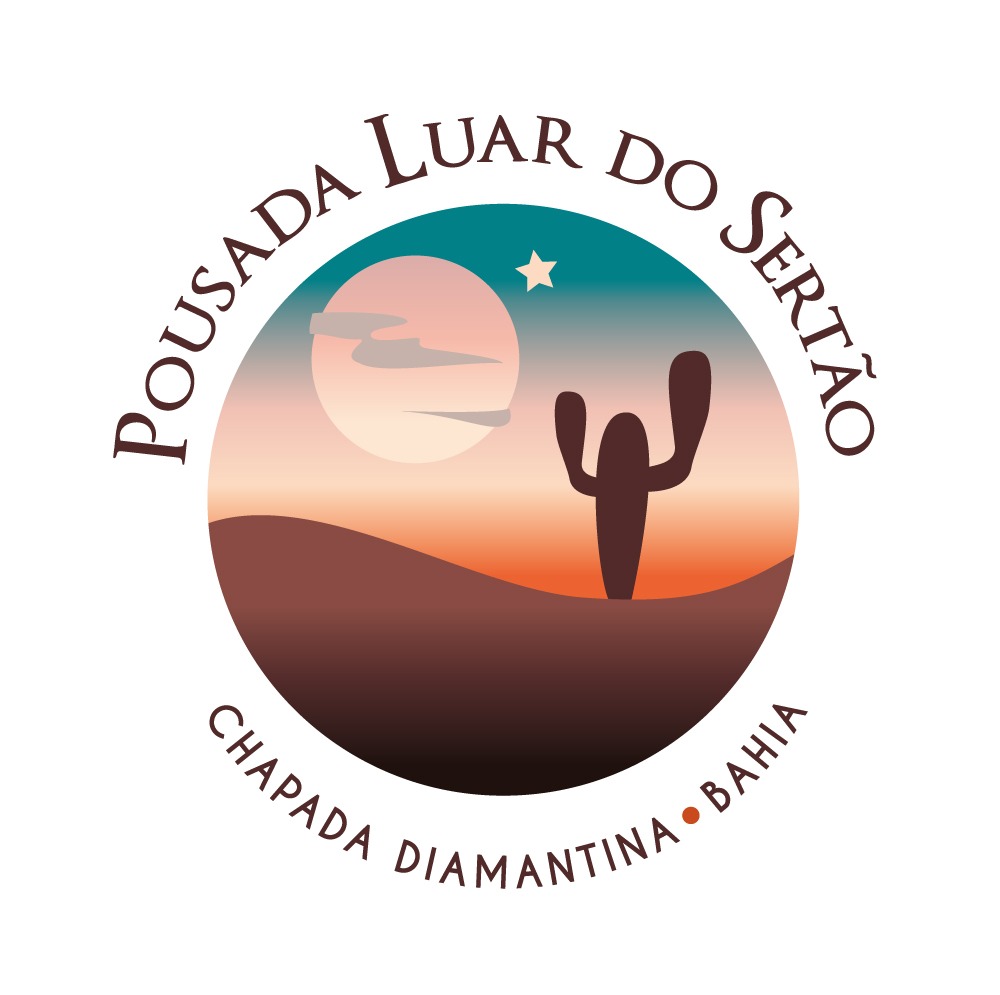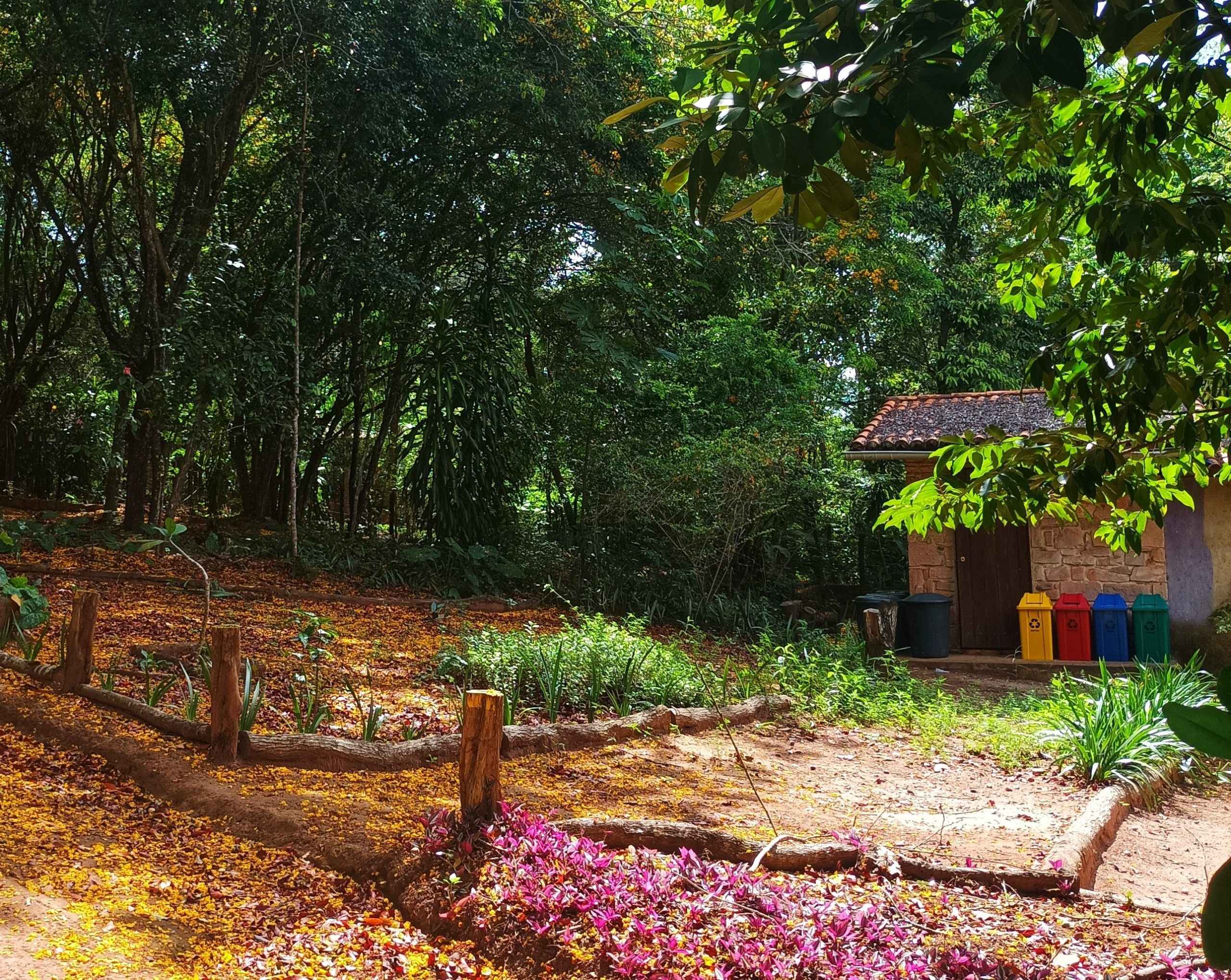Sustainability concept
Sustainability, according to The United Nations World Commission on Environment and Development encompasses human actions and activities that seek to meet present needs without compromising the future of future generations. It is closely linked to economic, social, environmental and material development, without causing damage to the environment. Sustainability requires the intelligent use of natural resources in order to preserve them for the future. By following these principles, humanity can ensure sustainable development.
Benefits
In this sense, the adoption of sustainable practices ensures, in the medium and long term, a healthy planet for the development of all forms of life, including human life. These actions are essential to preserve ideal environmental and social conditions necessary for future generations, avoiding the depletion of natural resources, such as forests, forests, rivers, lakes and oceans. By doing so, we guarantee a good quality of life for future generations.
Sustainability at Pousada Luar do Sertão
The Importance of Buying from Local Producers
At Pousada Luar do Sertão, we believe that purchasing local products is an essential practice to promote sustainability and strengthen the economy of Chapada Diamantina. Purchasing food, crafts and other products directly from local producers and traders helps reduce the carbon footprint, supports families in the region and preserves local culture.
We adopt this premise in our daily operations, always prioritizing local suppliers. From the fresh ingredients for our breakfast to the decor items, everything is chosen with care to ensure quality and sustainability.
Indication of Native Guides of Chapada Diamantina
We believe that hiring local labor is essential to promote the sustainable development of Chapada Diamantina. Valuing the talents and knowledge of the region's residents not only strengthens the local economy, but also enriches the experience of our guests.
Therefore, we exclusively recommend native guides for adventures through Chapada Diamantina. These professionals have in-depth knowledge of the trails, fauna, flora and local stories, providing an authentic and safe experience. In addition to contributing to the region's economy, this practice helps preserve culture and the environment.
Solar Power Plant
With the aim of generating its own energy, Pousada Luar do Sertão has 14 photovoltaic panels that have an average production of 992 kW/month. This means that our production is equivalent to planting 45 trees per year, resulting in a reduction of 6.33 tons of CO² emissions annually. We recognize the importance of investing in solar energy and encourage others to do the same, as it is a clean and renewable energy source, a fundamental principle of sustainability.
Solid Waste Recycling
A measure aimed at sustainability that is very important to reduce the environmental impact that human beings cause is Solid Waste Recycling - Selective Collection. Several disposable materials are recyclable, and every time we send these materials to landfills we are harming the environment, since the decomposition of these materials is extremely slow.
Paper- 3 to 6 months
Cloths- 6 months to 1 year
Cigarette filter- More than 5 years
Painted wood - More than 13 years
Nylon - More than 20 years
Metal - More than 100 years
Aluminum - More than 200 years old
Plastic - More than 400 years old
Glass - Over 1000 years old
Rubber - Undetermined
To help reduce the incorrect disposal of some of the materials listed above, Pousada Luar do Sertão installed solid waste collectors so that each material is separated and sent for recycling. In this way, we drastically reduced the amount of recyclable waste disposed of in the Lençóis landfill. Therefore, Pousada Luar do Sertão collaborates with the environmental sustainability of Lençóis, and, consequently, of Chapada Diamantina.
Organic Waste Composters
Pousada Luar do Sertão has a space where food remains are deposited to undergo the natural decomposition process. This biological process is carried out by earthworms and microorganisms that eat these food scraps. In this way, the result obtained is an excellent organic fertilizer used in the Pousada's plants, flowerbeds and gardens. In this way, we stop sending our organic waste to the landfill, reducing the amount of manure that the landfill receives, in order to collaborate with environmental sustainability.
Preservation area
Our inn has an area of 9,980 m², with a large part of natural forest that is preserved by us. There is no anthropic interference in this area, which has been recovering naturally for over 15 years, as our area used to be pasture for raising mules. Therefore, the forest is composed of native plant species, and is directly connected with the forest of the Chapada Diamantina National Park, our neighbor in the background. This is very important for promoting sustainability and consequently for increasing the quality of life.
Reuse of Rainwater
The roofs of our chalets, breakfast area and laundry are connected to a plumbing network that empties into a tank. From this tank, water is pumped to 2 other storage tanks, where it is used to water our plants. It is important to take into account the need for responsible water consumption these days, and Pousada Luar do Sertão is always investing in this premise, which, consequently, is also our mission.
“Grey” Water Reuse - Banana Tree Circle
The water that comes out of the sinks and showers at Pousada Luar do Sertão is directed to be reused in “banana tree wheels”. This water is poured onto banana trees, which are plants capable of using this water to feed themselves. It is a simple and inexpensive way to reuse “grey water”, as fats and chemicals are absorbed by the banana trees, preventing them from infiltrating the soil and contaminating the subsoil, being yet another aspect carefully done to generate more sustainability. link.
BET Pits
The Evapotranspiration Basin, popularly known as the “banana tree pit”, is a closed black water treatment system. Black water is sewage from conventional toilets. This system does not generate any effluents and prevents soil, surface water and groundwater pollution. In it, human waste is transformed into nutrients for plants and the water only comes out by evaporation, therefore completely clean. For more information visit this link.
Biodigestor pit
In practice, biodigesters are equipment maintained with food remains and animal feces, with the addition of water. Inside the device, these debris are decomposed by the action of bacteria. During the process, all organic material is converted into methane gas (biogas). The residential biodigester is divided into two parts: the anaerobic digester and the gasometer located at the top. … All the organic matter inserted in the residential biodigester will serve as food for the bacteria that decompose this material, generating, as a product of the reaction, biogas and biofertilizer. link.
Inverter air conditioning
A common air conditioner usually turns on and off several times during the night or during the day when the desired temperature is reached. In the case of the inverter, the technology allows the system to regulate the energy used without having to turn the device on or off at all times, and with that we have a drop in energy consumption, as it does not generate the “energy spikes” that are generated whenever the device is turned on. For more information visit this link.
External Lighting with Motion Sensors
The external area of our inn is illuminated by reflectors with presence sensors, which turn on automatically with the movement of people and animals and turn off shortly afterwards. This generates energy savings and the possibility of enjoying a very starry sky, as lights obscure our vision when we want to observe the stars.
Water Reducers/Aerators
All bathroom and kitchen faucets are made of this piece, which reduces and regulates the flow of the faucets, allowing a great reduction in consumption.
Ecological Flush
This simple and widely adopted system offers the user the opportunity to use toilet water consciously, avoiding waste. With the option to choose between 3 liters for liquids and 6 liters for solids, it is possible to adapt water consumption according to need, contributing to the preservation of this vital resource.

